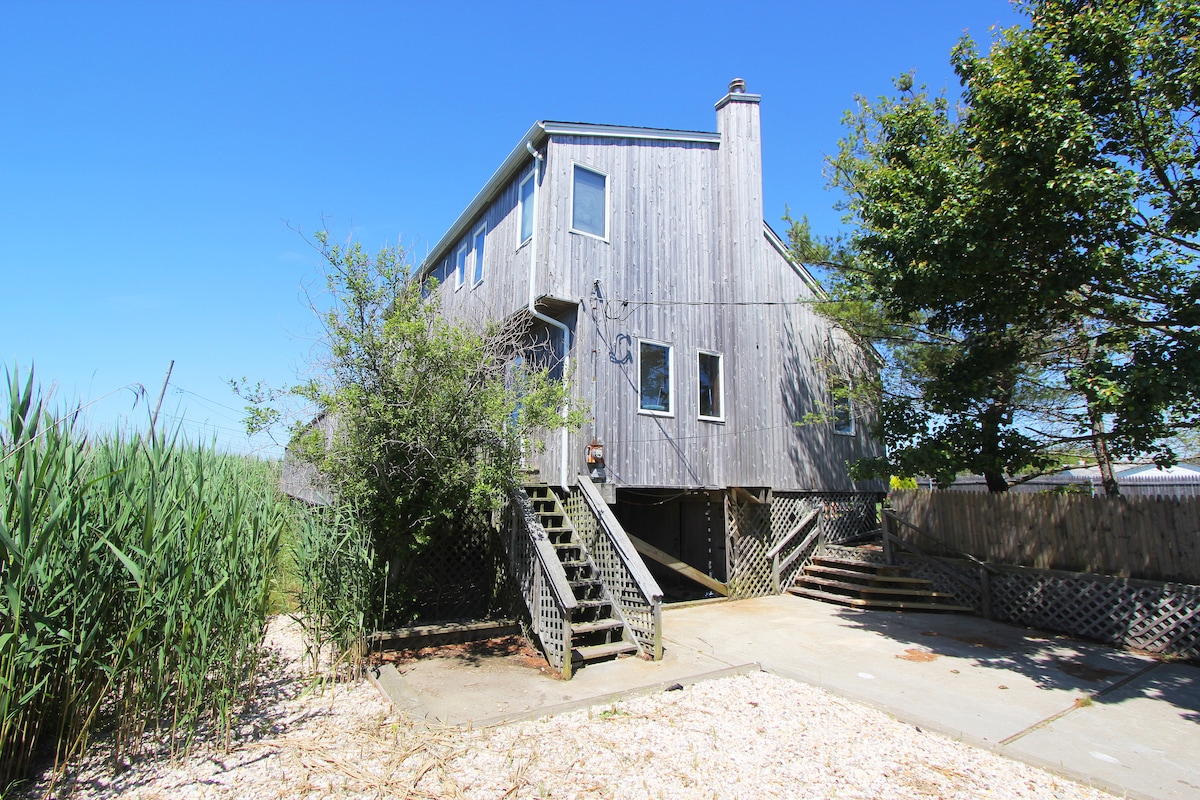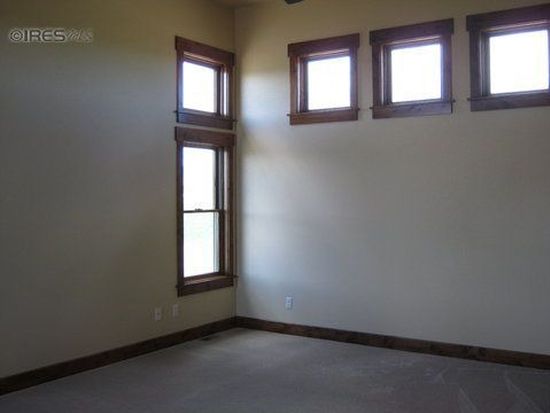Table of Content
These programs are actually solar leases or power purchase agreements in which a company will install solar panels on your roof for no money up-front, but they will charge you for the electricity produced. On a state level, most have an incentive program in the form of a tax credit, but it varies state-to-state. Many local cities and counties also offer direct rebates to help with the costs of solar panel installations. Installing solar is expensive in Florida, averaging around $20,366 after the federal tax credit is considered. Systems acquired with a solar loan will provide slightly fewer savings, and leases and power purchase agreements will save far less.

With flexible financing including loans, leases, and standalone accessory loans, you can customize a plan that meets your and your family’s needs. But wait that’s not all, home solar has been shown to add as much as $25,000 to the value of your home, that’s like money in the bank. The example below shows the potential solar savings for an average home in Hardee County, Florida. Provided you don’t have overdue taxes, mortgage payments, or are part of a bankruptcy filing, you should have no trouble qualifying for PACE.
Home Resale Value Increase
There has never been a better time to go solar, as the incentives remain at their highest, and inflation is slowly creeping the prices of solar installations up. Use solar energy and storage solutions to protect your home from unplanned power outages, insulate your finances from unpredictable energy costs, and minimize your reliance on public utilities. A comprehensive solar energy and storage solution allows uninterrupted power even when utilities turn off or the sun goes down.

On top of the energy savings, this is a great selling point when listing your home on the real estate market. Quickly and professionally prepare your roof, attach the panels and install a world-class system, with minimum disruption to your home and daily routine. The Florida Department of Agriculture and Consumer Services' Office of Energy is currently accepting applications under the following programs.
Federal and Local Incentives to Reduce the Upfront Cost of Solar
As a solar and EV advocate, much of his work has focused on the potential of solar power and deregulated energy, but he also writes on related topics, like real estate and economics. In his free time — when he's not checking his own home's solar production — he enjoys outdoor activities like hiking, mountain biking, skiing and rock climbing. Florida is increasing energy efficiency, expanding renewable energy production and limiting energy impacts on the environment through our wide range of programs. Our programs are designed to stimulate capital investment in the state and promote and enhance the statewide utilization of energy-efficient and renewable energy technologies. Shade can block a significant amount of the sun’s UV rays which will impact overall performance. Installing solar panels in direct sunlight is the best way to maximize performance and energy efficiency.

And a properly educated client can understand whether solar panels are a good investment for their home and family. The average increase in a home’s value with solar power is over 4%! Keep in mind, if your solar system was purchased via a secured loan, you will still be responsible for paying off that loan before you sell.
Earn money by feeding excess energy back into the grid
Unfortunately, there aren't enough people taking advantage of the opportunity to use this safer alternative for a power source. As your friendly local solar installer, we pride ourselves on our high-quality installations and our personable and reliable customer service. Floridians use more energy per month than residents in most other states and pay an enormous $128.64 per month for electricity. Electricity rates are also on the rise, so converting to solar is a viable way to lock in your energy expenses and keep them from increasing in the future. Florida’s net metering program is quite good and allows you to earn more than you pay, meaning your utility company could pay you rather than the other way around.

Most homeowners need an 11.5-kilowatt solar power system to offset electric rates, so they pay around $29,095 for panels in Florida, or $20,366 after the 30% federal solar tax credit is applied. While this is expensive, solar panels often pay for themselves over time, especially in areas where electricity rates and/or electricity consumption is high. The concept of “free” or “no-cost” solar panels really is too good to be true. While you will reap the benefits of cheaper electricity bills through solar power, you do not own the panels; the solar company does.
As such, the long-term savings will be higher in Florida than in most other states. Below, you’ll find an in-depth price analysis that dives into the factors that determine the value of solar in the state, incentives that can help bring down installation expenses and more. You’ll also read about the many benefits to going solar in Florida, where the sunshine is nearly unlimited and solar equipment is cheaper than in most other states.
However, the state is also highly prone to hurricanes and tropical storms that can put panels at risk of damage from fallen trees and limbs and blowing debris. Did you know that sunny Florida ranks 3rd in the United States for solar potential, but only 14th in terms of rooftop solar installed? Lucky for you, EnergySage is here to tell you more about Florida’s solar policies, and to help you find the best solar installer in the state.
You will not own the solar panels with one of these “no cost solar” agreements. In other words, solar leases are essentially like renting solar panels. The solar company handles all of the installation and maintenance for a specified term, which is usually around 20 to 25 years. At the end of the lease term, you may have the opportunity to buy the solar panels outright, otherwise, the solar company will remove them. You may see some solar panel companies advertise their panels as “free” or “no cost.” In most cases, these companies are describing a solar lease or solar power purchase agreement type of program.
With a lower-than-average price for solar equipment and a much higher energy consumption than in most states, the majority of Florida residents find that going solar is a worthwhile investment. In fact, an EcoWatch survey of 1,000 homeowners across the U.S. found that the largest number of respondents looking to install solar panels on their home were from Florida and Texas. FL Net Metering is one of the most important regulatory policies for residential solar owners in Florida because it allows you to sell any excess solar energy you may have back to the grid. So while you are out and about during the day and not using much electricity at your house, your solar panels can be hard at work saving you money. Out of the 18 different solar companies/brokers I dealt with, PPM has been the most prompt and upfront on pricing, equipment and installation. They didn't have any hidden fees and were straightforward in every step of the procedure.
Check local guidelines to learn about solar panel rebates that you may be eligible to receive. Florida’s Property Tax Abatement for Renewable Energy Property incentive is currently set to run through 2037. With this incentive, homeowners’ are 100% exempt from paying property taxes to improve their homes with solar panels. Have you heard the stories from friends and family members about solar companies in Florida that take their money and run?

































